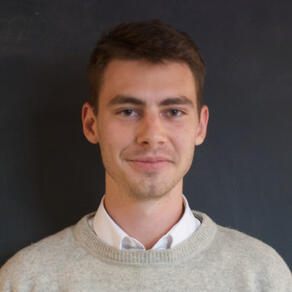Liam Grace-Flood
I'm interested in creative ways to make the world a better place.Since 2019, I've worked as a strategy consultant to nonprofits at Wellspring. Previously, I wrote the first "future of work" brief for Boston Mayor Marty Walsh's office, exploring ways to protect workers in light of the trends toward gig work, automation, etc.; helped modernize the International Trade Administration as a Civic Digital Fellow; and explored collaborative making around the world as a Thomas J Watson Fellow.Other projects include conducting data analysis for Connecticut General Assembly research into disparities in the court system; prototyping an electric motorcycle with NOLA-based Nightshift Bikes; starting a mutual aid project to get people out of jail for fine-only offenses; and serving on the Boards of my local bike co-op and a nonprofit STEM educator.I have an MBA from the Yale School of Management where I was a Silver Scholar. In college I double majored in Math and Fine Arts with Physics and CS minors at Wheaton College and studied in a dual degree Engineering program at Dartmouth College.
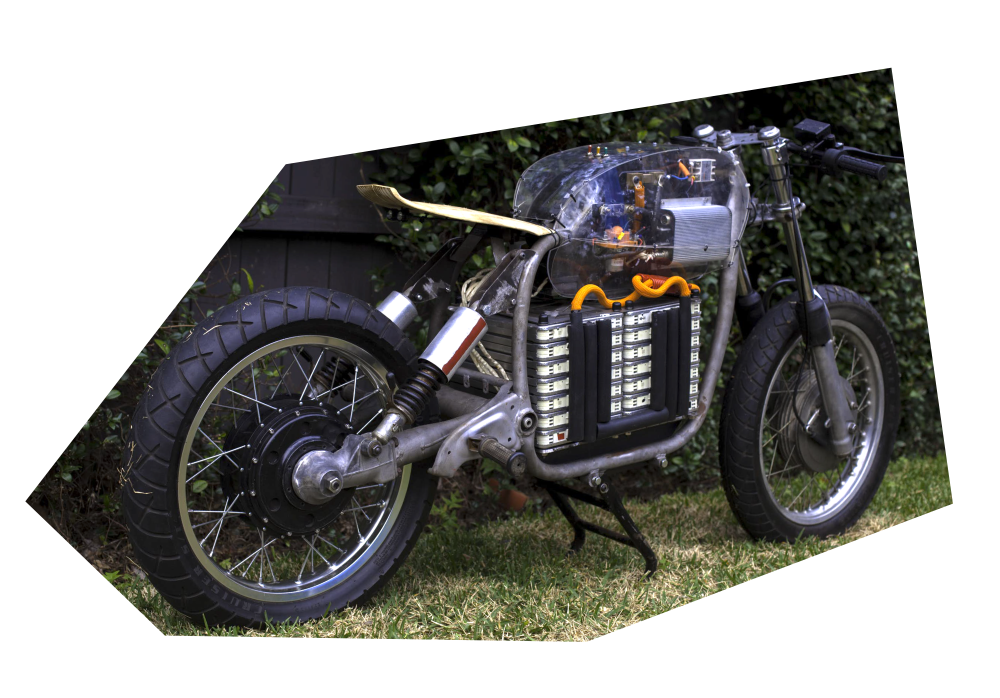
Winter break of my senior year of college, Nadav Hendel and I built an electric motorcycle for Nightshift Bikes. We started with a 1975 BMW R75/5 that was flooded in Hurricane Katrina, and in 3 weeks, stripped it, sand blasted the salvageable parts, and built a fully electric city scrambler on that frame.

The Fines and Fees Freedom Fund aims to help end poverty-based incarceration. This work began by strategically paying fines to get people out of jail or keep them from going to jail. Our efforts have since grown to include legal aid clinics, technology tools for legal aid providers, and policy and movement building work.Our website offers more information here.
Essay on Chindogu, technology, and failure for the Scope of Work newsletter
Case study I wrote for Yale courses on philanthropy and nonprofit strategy about a project I did with Undue Medical Debt (FKA RIP Medical Debt)
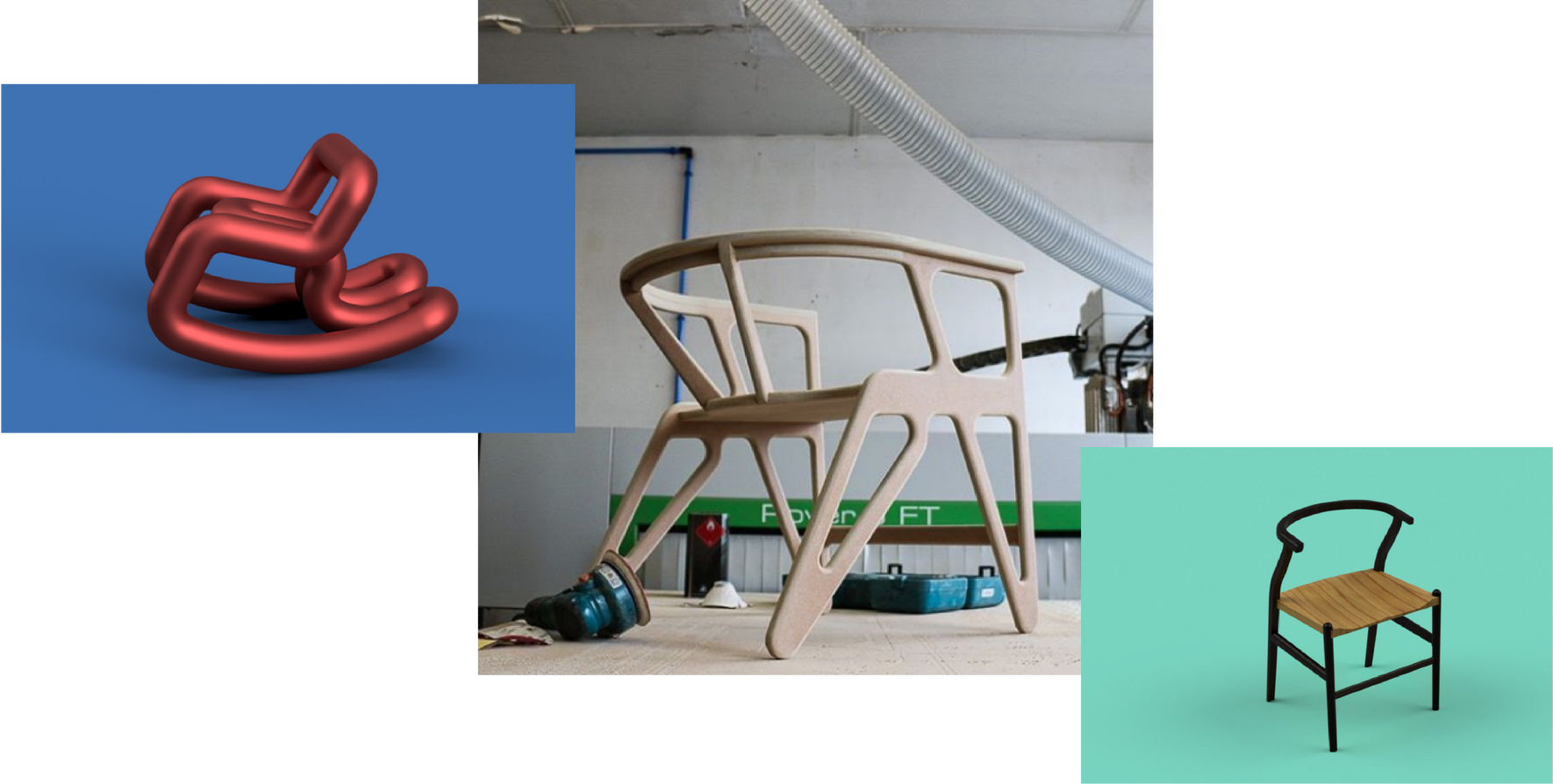
I'm interested in how people shape their built environment. Here are a few related pieces of work I've done:This is a wood working space I helped renovate at habibi works, a community center and workshop space serving a refugee camp in northern Greece. I'm most proud of the cabinets. I designed and made one with input from community members, and then they largely made the second. Then we all worked together to label each drawer in each language spoken in the camp.

I was shocked to learn how expensive some iconic furniture designs are. A Don Judd table, for example, sells for $13K. So I mocked up versions of a few classic furniture pieces that could be made on a CNC machine for less than 1% of the cost. Here are two:
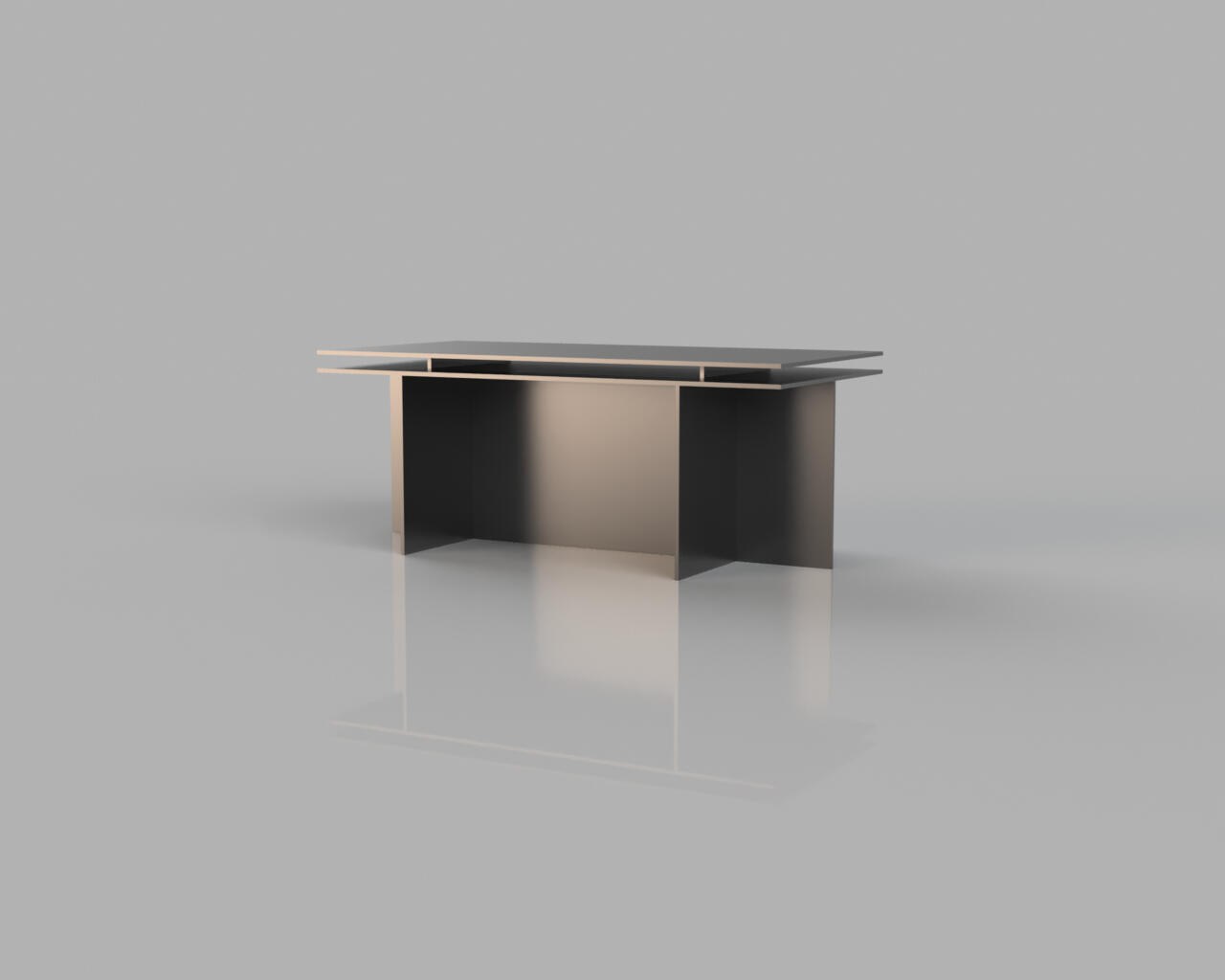
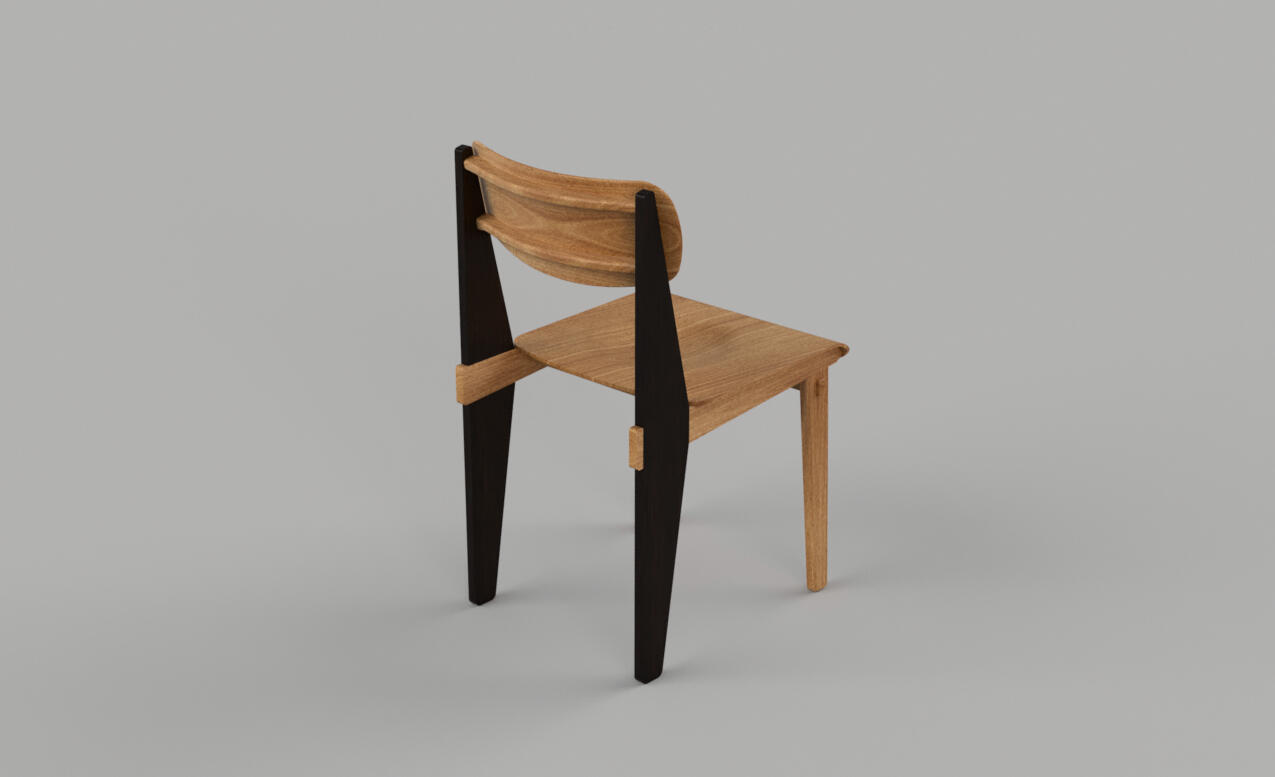
New(ish) technologies like 3D printing and CNC machines have #democratized the ability to produce some objects. But most people are still dependent on sites like thingiverse to download schematics. I tried to build parameterized furniture in Fusion 360, prototyping a very simple version of a future in which anyone can describe what they want and automatically have it made. The following is one basic building block that, by changing a few numbers, automatically adjusts to be a chair, bench, table, etc. of desired dimensions.
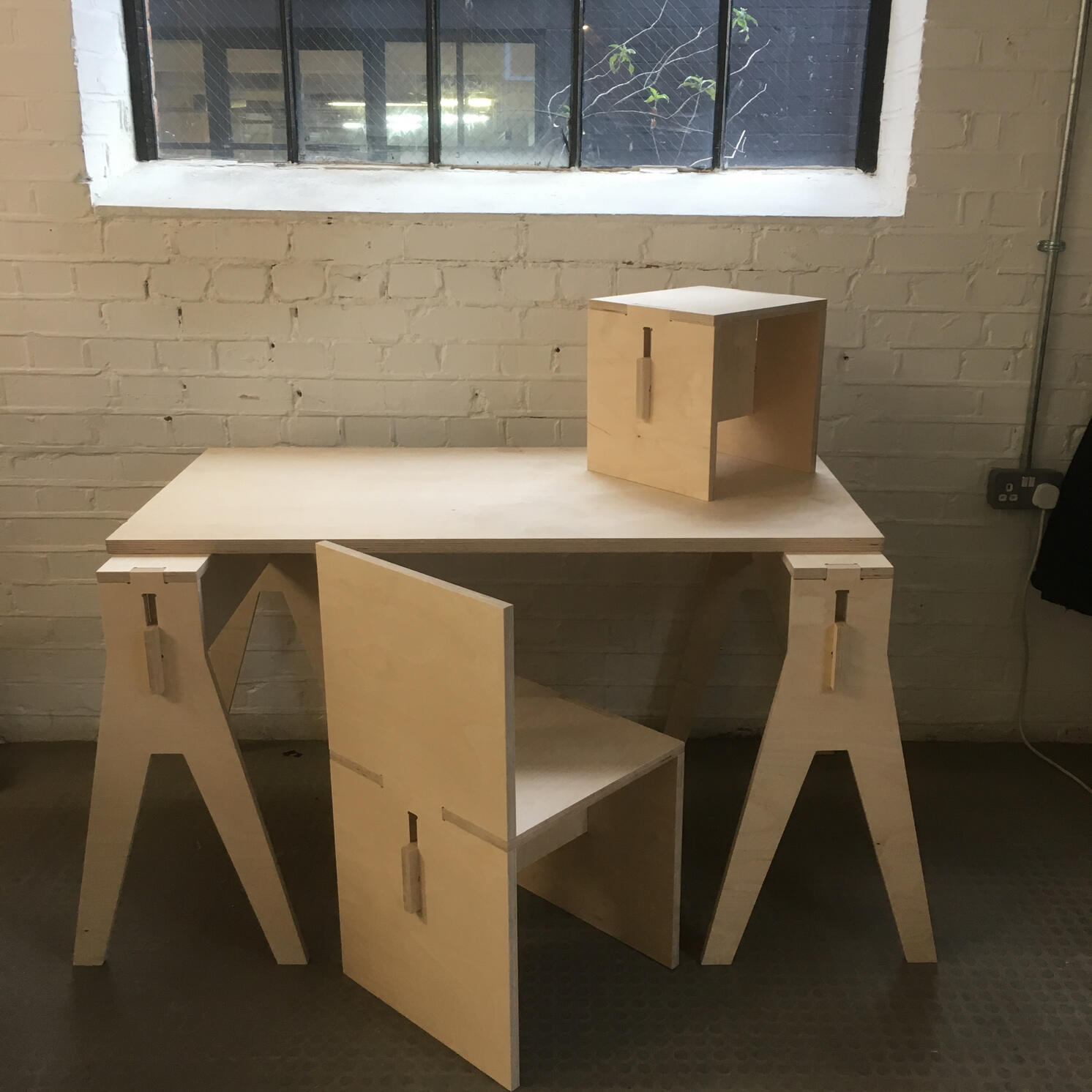
It's often cheaper and faster to buy something than make it. I'm always excited to find ways DIY can have benefits beyond joy and interest. Bike bags are one things I've found much more economical to make than to buy, with significant benefits from being custom-made to fit a specific bike frame. I'm continually, slowly updating my set-up, but here's where I was as of summer 2024. This combination has enough space to stow all my camping supplies (tent, sleeping bag and pad, solar panel and batteries, etc.), bike tools, a couple books, and plenty of snacks. Other features include hi-vis material and a quick-release system for the handlebar bag.
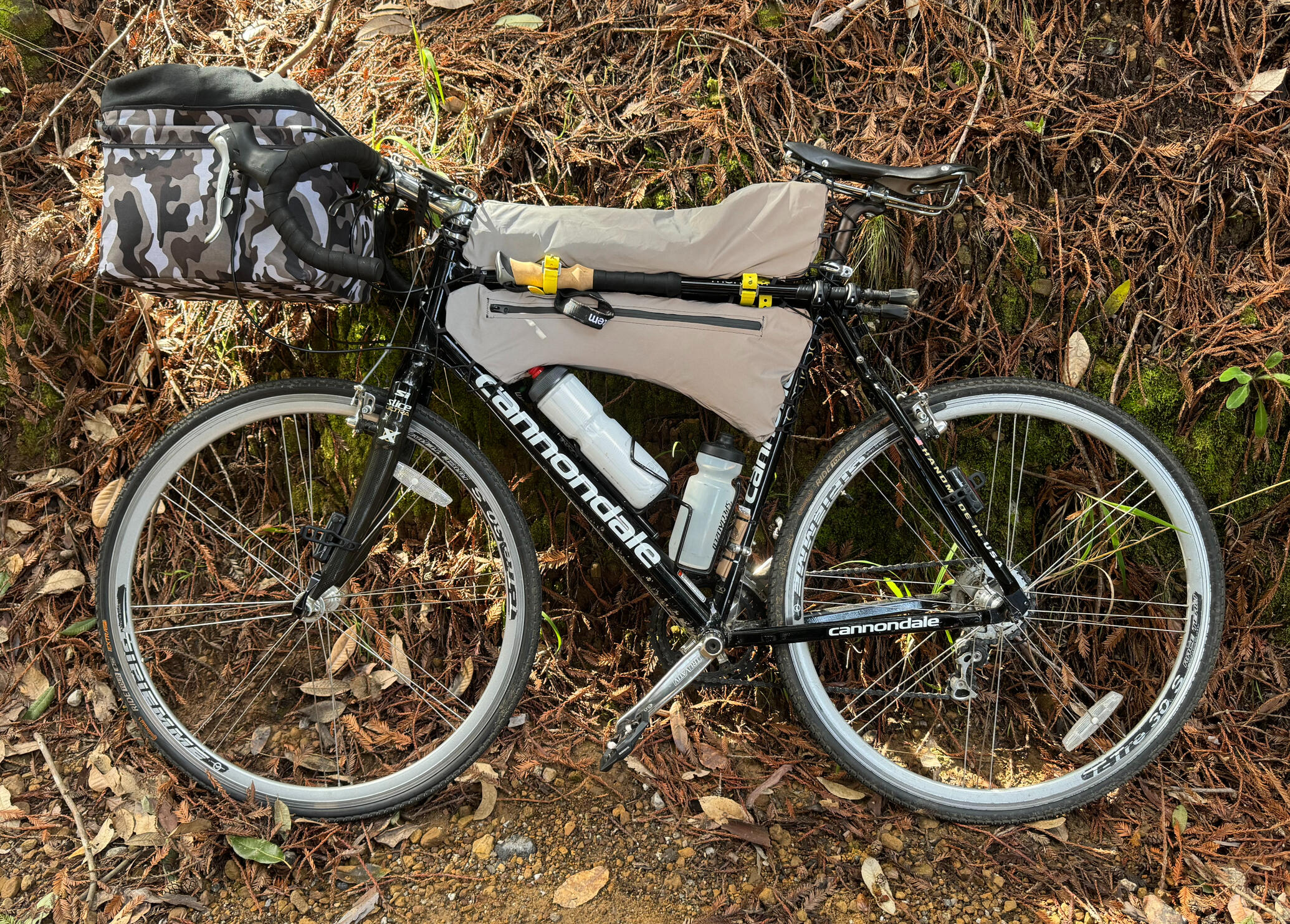
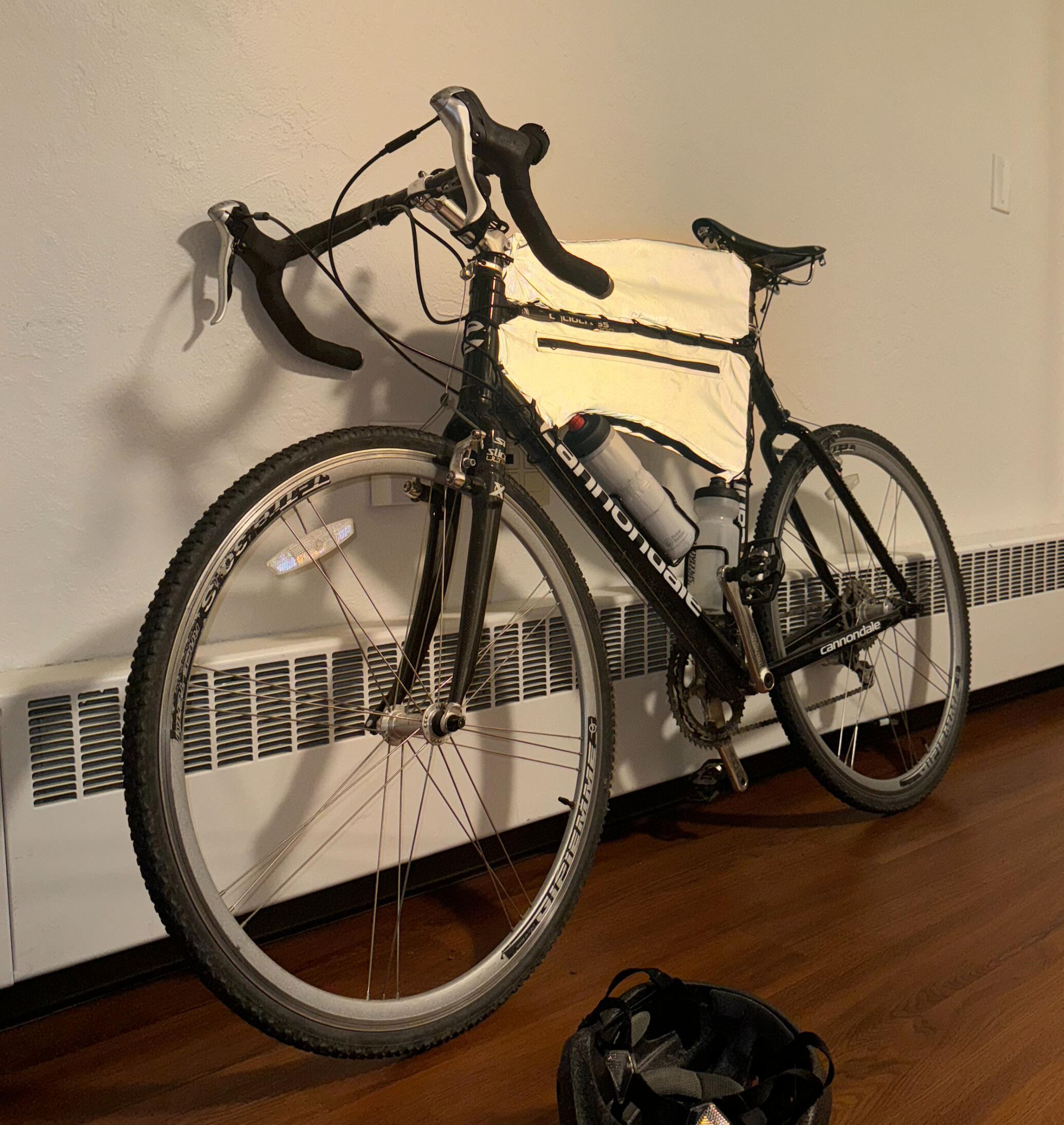
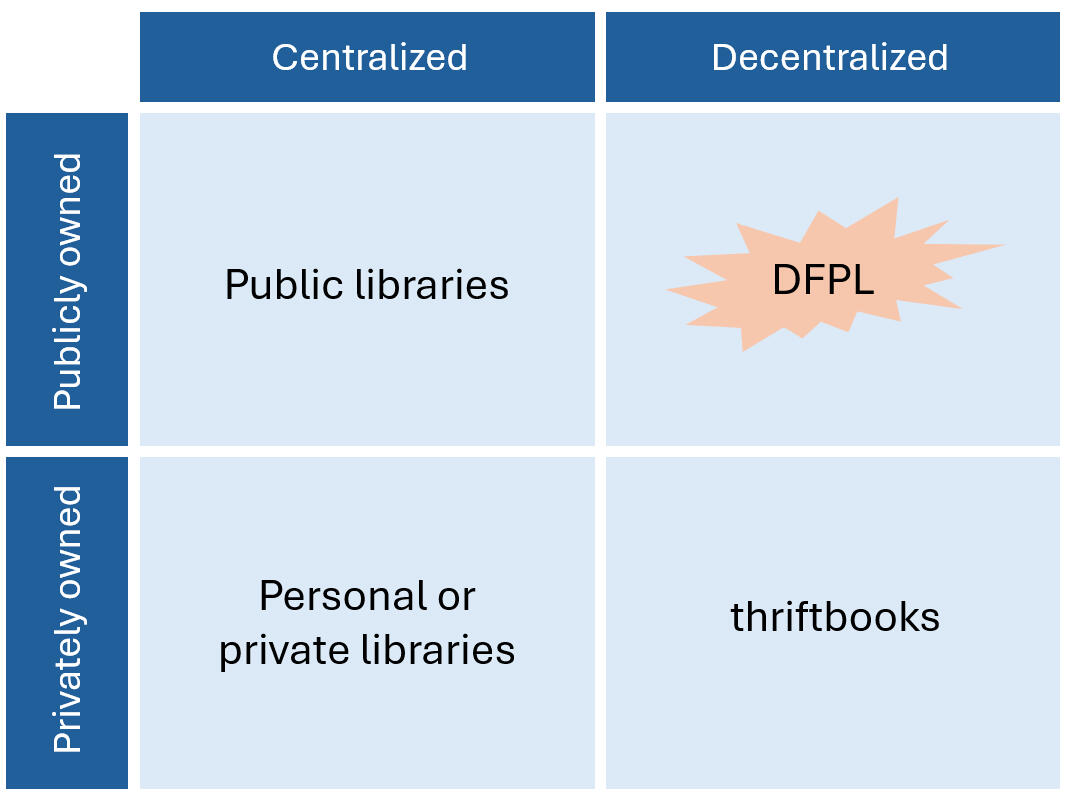
The Distributed Free Public Library (DFPL) is a virtual library of real books - a way to facilitate shared ownership and circulation of physical books without centralized institutions.
At its core, the DFPL is a protocol and a database. For someone to add a book to the library, they (1) write in the book's front cover that the book belongs to DFPL, and the DFPL's url, where readers can find more information; and (2) they enter the book into the DFPL's online database with their contact information. To lend or borrow a book, one can either (a) physically lend someone the book and update the database to reflect its new reader, or (b) view all the DFPL's books in the database and request a book by emailing whoever is listed as that book's current reader.This project was inspired by both the lovely idea of little free libraries (LFLs), and their shortcoming in how poor most LFLs' collections are. People often use LFLs to get rid of books they don't want, and whenever a good book ends up in one, people quickly take them home and out of circulation. The DFPL by design keeps great books in common ownership. The books you contribute list you as the donor in the database, so you want to contribute great books. And once a book is in the system, it stays there. While there are lots of great online communities where people share pdfs and eBooks - DFPL does something similar for physical books.The DFPL is built using google sheets, apps script, and a carrd site as a proof of concept. That said, the idea is more interesting than the tool is useful, since we can usually get access to whatever books we want cheaply using sites like thirftbooks and pdf sharing, and because curated lists of books abound. At some point I may launch an instance of DFPL just for fun.
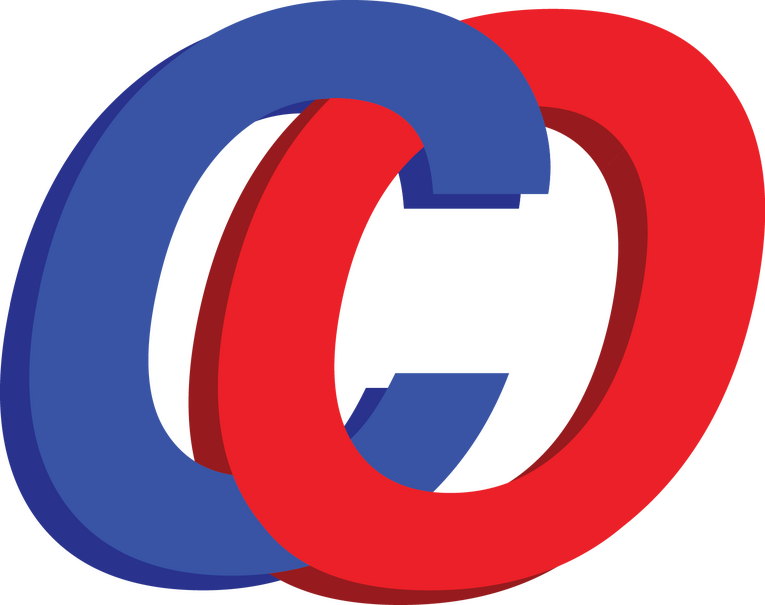
Co is Google Docs, but everyone is in "suggesting" mode. Everyone can make suggestions for changes to the document, but to implement a change, it needs to get voted in by the group.Tom Stoppard wrote that democracy is isn't in the voting, it's in the counting. Co creates a laboratory for experimenting with different voting systems, whether approval voting, liquid democracy, etc.The project won a Core77 Design award. I did an interview with Coding it Forward about it. Frankie Devanbu and I made the wireframes below.Development is paused for now.
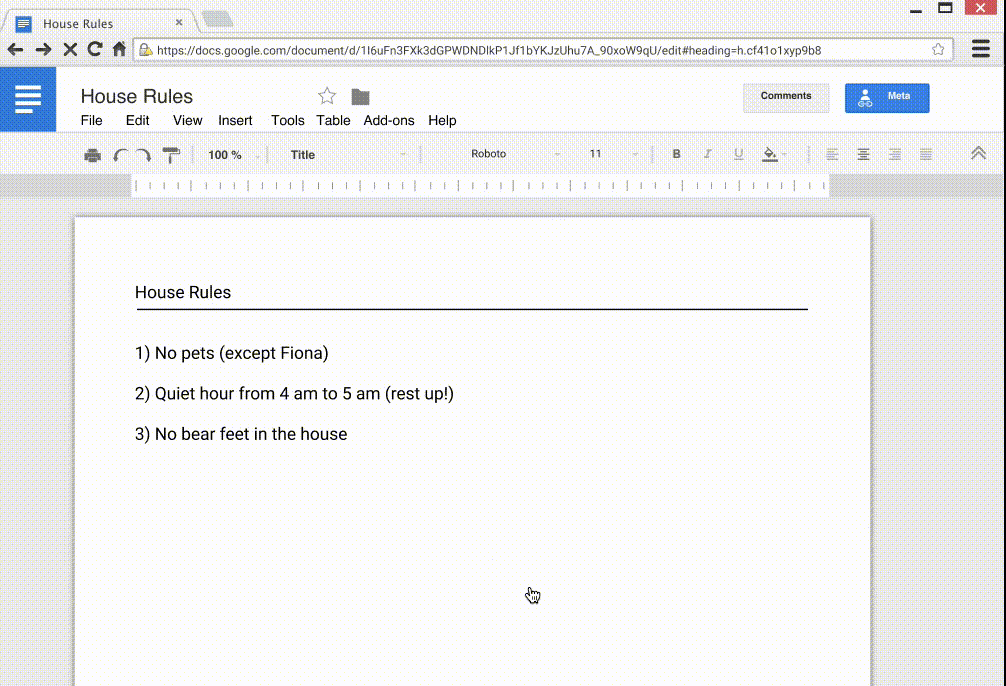
This American Life often has great songs in between segments. They don't list the songs anywhere, except on the web page for each episode where the song appears. I built a simple web scraper in python to pull all the song names and artists into a csv, and then used Spotlister to make that list into a spotify playlist. Enjoy! There are some particularly great chicken songs from their "poultry slam" themed episodes.
The above simulates "murmuration" or flocking, like what starlings do. While this was famously modeled by Craig Reynolds in a program called "boids," I had to use a more complicated model in order to visualize the kind of behavior I was looking for. In addition to factors for separating, aligning, and cohering the boids, I also included factors to moderate speed and direction change and interaction with edges of the plot. I used matlab.
Above shows one of my first modeling projects I did in college, using principles of fluid dynamics to model traffic flow. The yaxis is traffic density, and the x axis is position on a looped road, with traffic going off the right end of the plot coming back on the left end. Traffic is randomly dispersed around the track at the beginning of the simulation. If traffic is below the maximum capacity, the density plot will quickly even out into a flat line. If traffic is above the maximum capacity, traffic jams (spikes in the density plot) will emerge. Depending, cars may move in waves from one jam to the next. Sometimes jams can move backwards or forwards themselves.
